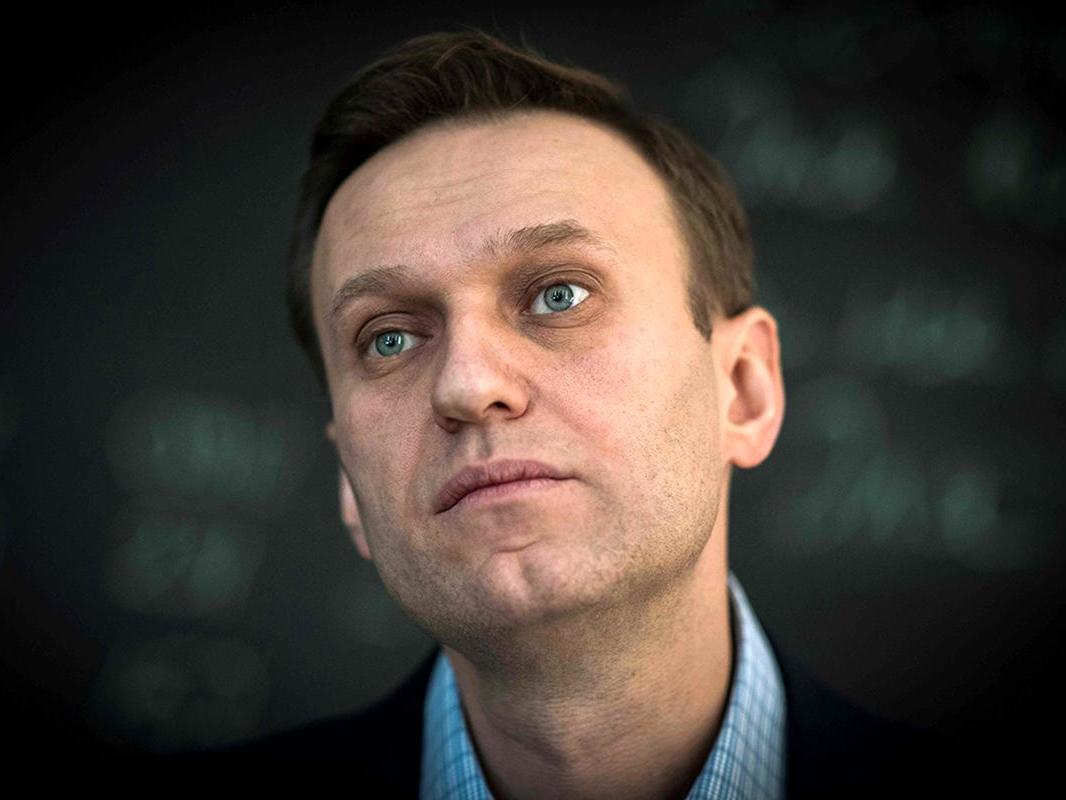West weighs action on Russia as tests show novichok was used to poison Alexei Navalny
Angela Merkel says test results raise questions ‘that only the Russian government can answer’, as Diplomatic Editor Kim Sengupta reports


Germany has been holding urgent talks with western allies on what action to take following its conclusion that Vladimir Putin’s opponent Alexei Navalny was poisoned with novichok.
Western diplomats say there is a strong argument for punitive measures, and the need for a re-evaluation of relations with Moscow, after toxicology results from a military laboratory gave “unequivocal proof” that the Russian leader was targeted with a nerve agent.
German medical staff at the Charite Institute who treated Navalny after he arrived from Russia in a coma had sought advice from Porton Down, the UK’s defence research laboratory, following early signs that the poisoning had similarities with the Salisbury attack in 2018.
The British foreign secretary, Dominic Raab, said: “I am deeply concerned that Alexei Navalny was poisoned by novichok, a nerve agent previously used with lethal effect in the UK. It is absolutely unacceptable that this banned chemical weapon has been used again, and once more we see violence directed against a leading Russian opposition figure.
“The Russian government has a clear case to answer. It must tell the truth about what happened to Mr Navalny.
“We will work closely with Germany, our allies and international partners to demonstrate that there are consequences for using banned chemical weapons anywhere in the world.”
The British health secretary, Matt Hancock, added that the UK will “stand ready to offer all the support that’s available to help Germany, to investigate and take action as necessary”.
The US deputy secretary of state, Steve Beguin, confirmed that talks had been held between western allies.
“We find the reports of Mr Navalny’s poisoning to be credible. It is completely unacceptable that this should happen to a leading democracy campaigner”, he said.
In Berlin, the German chancellor, Angela Merkel, said in a statement: “It is now clear: Alexei Navalny is the victim of a crime. He was meant to be silenced. This raises very difficult questions that only the Russian government can answer, and has to answer.”
The German foreign minister, Heiko Maas, added that consultations would be held with the European Union and Nato partners about what had happened and what the response would be to the next steps taken by Russia.
Sergey Lagodinsky, a German Green MEP and former fellow student of Navalny’s at Yale University, said: “I’m impressed by the clear framing of the government’s response. The confirmation that a banned nerve agent was used to poison a Russian opposition politician brings this case on to an international level. We need an international investigation.”
Western allies imposed sanctions on Russia following the assassination attempt in March 2018 on former intelligence officer Sergei Skripal, which left him and his daughter Julia critically ill. That attack, however, took place on British soil with a holder of UK citizenship as a victim. Those sanctions followed evidence that the UK presented after an investigation by British security agencies and police.
Mr Navalny is a Russian citizen and his alleged poisoning took place in Siberia. The Russian government, western officials acknowledge, cannot be forced to carry out an investigation into what happened to him.
One route under consideration is referring the matter to the inter-governmental Organisation for the Prohibition of Chemical Weapons (OPCW). However, it is far from clear whether the OPCW is in a position to carry out such an investigation.
The Kremlin’s spokesperson, Dmitry Peskov, said that the Russian government had not received any information from Germany that Navalny was poisoned with novichok.
Join our commenting forum
Join thought-provoking conversations, follow other Independent readers and see their replies
Comments
Bookmark popover
Removed from bookmarks